Library Directors Respond to Pricing Proposal for Scientific American
Jan 4, 2010, 16:50 PM
Normal.dotm 0 0 1 252 1438 LWB Communications 11 2 1765 12.0 0 false 18 pt 18 pt 0 0 false false false /* Style Definitions */ table.MsoNormalTable {mso-style-name:"Table Normal"; mso-tstyle-rowband-size:0; mso-tstyle-colband-size:0; mso-style-noshow:yes; mso-style-parent:""; mso-padding-alt:0in 5.4pt 0in 5.4pt; mso-para-margin:0in; mso-para-margin-bottom:.0001pt; mso-pagination:widow-orphan; font-size:12.0pt; font-family:"Times New Roman"; mso-ascii-font-family:Cambria; mso-ascii-theme-font:minor-latin; mso-fareast-font-family:"Times New Roman"; mso-fareast-theme-font:minor-fareast; mso-hansi-font-family:Cambria; mso-hansi-theme-font:minor-latin; mso-bidi-font-family:"Times New Roman"; mso-bidi-theme-font:minor-bidi;} The Library Directors...
The Library Directors of the CIC member universities share the concern, expressed by librarians elsewhere, that Nature Publishing Group’s proposed site-license pricing for Scientific American is unacceptable.
NPG recently took control of this title from another publisher, proceeding to raise the library print subscription price almost seven-fold, and the electronic site-license price at 10 times the cost of a print subscription. The Nature publishing company has a history of aggressive pricing practices for its specialized scholarly journals, and is apparently intent on applying these practices to the more general interest content it acquires.
Scientific American is an example of such a popular magazine that research libraries license to further the cultural awareness of non-specialist students and faculty. As a popular magazine, however, it is readily accessible to interested readers through personal subscription and retail store sales, so libraries are right to resist undue price increases that would compromise their ability to support more specialized scholarly journals.
While the pricing of a single magazine or journal like Scientific American does not seriously imperil the bottom line of larger libraries, the pattern of commercial publishers buying up titles—scholarly or popular—with the intention of raising prices out of proportion to the costs of production and distribution, is indeed a serious threat to libraries and readers. The CIC libraries will work with our students and faculty to resist these predatory business practices that undermine our shared commitment to the broadest possible dissemination of knowledge.
